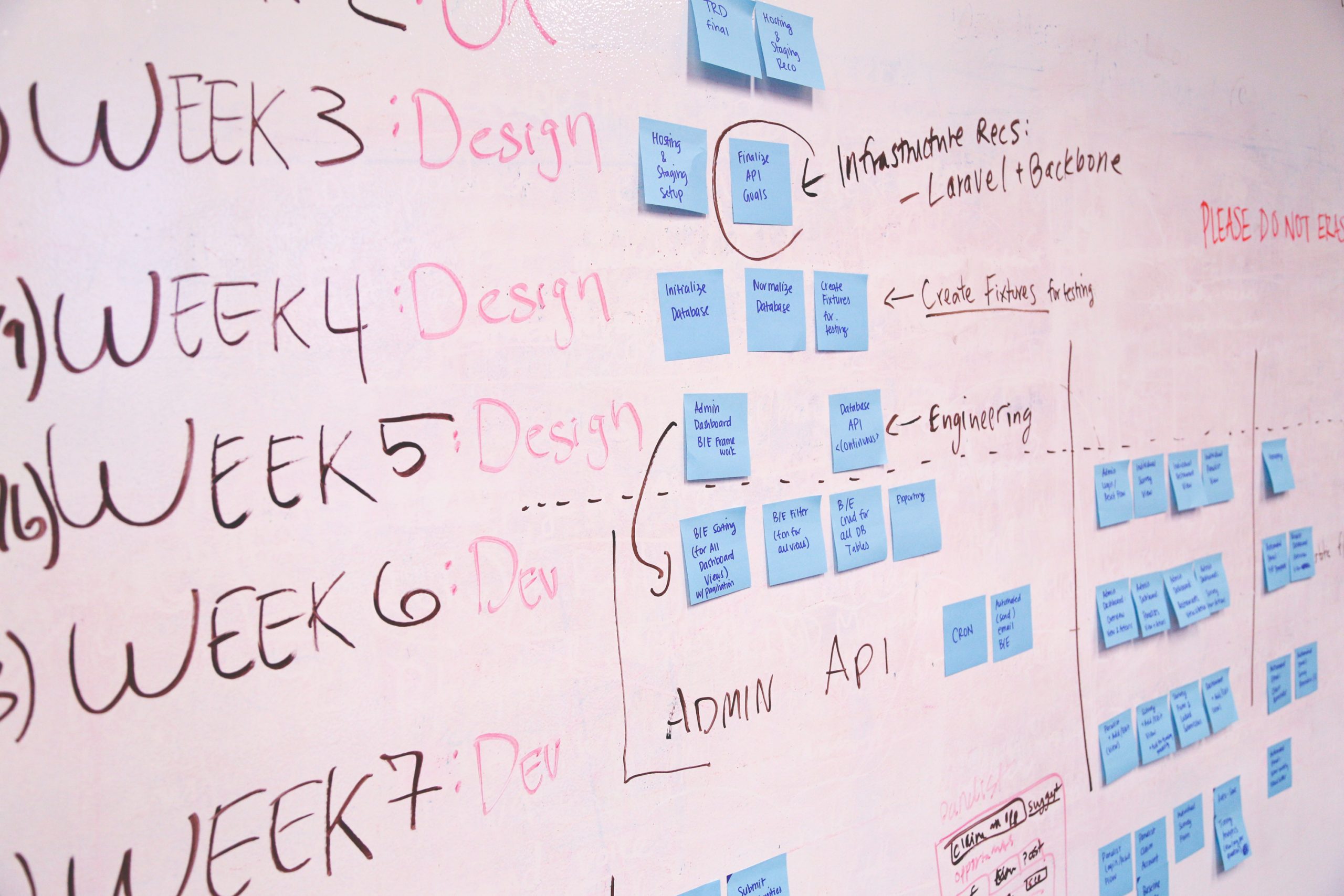Imagine the scenario: you’ve been given the task of looking after a group of toddlers for the day with almost no warning. There’s one who has toiletry difficulties, one who cries constantly, one who is determined to explore the universe in all its glory, and finally one who takes sheer pleasure in beating you over the head with their sippy cup. You know you’ll make it through the day with no serious injuries, but have a nagging feeling that you’re going to get some disapproving looks when the parentals return to pick up their children.
This is what being assigned to a project as the project manager can feel like if you’re unsure in your abilities and/or lacking Prince2 training in the area. It’s no fun feeling like you’re constantly battling against the team you’ve been assigned to, but unfortunately this is a scenario many of us have experienced. If it’s not the team, then it could well be the planning and execution. No battle plan survives contact with the enemy so having the ability to adapt and redirect your resources is crucial to the success of any project.
For those of us who are not natural project managers – and even for those who are but want to improve – there are a plethora of ways to improve our project management abilities.
Developing Communication
Communication is one of the strongest weapons a project manager has in their arsenal. The ability to conduct clear communication through open and transparent channels aids in the reduction of misunderstandings and mistakes. Without frequent and candid communication about the targets, projects can easily fail.
How you go about this, however, depends on each individual project manager and the team that they lead. The general idea though is an obvious one: listen to your team. A leader is not someone who simply shouts down others to implement their own vision; it is a person who understands the team and the people that make it up, and can draw on the best of each component of the team to maximise results.
Listen to the suggestions, complaints, and observations of your team. They are the ones that are dealing with the minutiae of the project on a daily basis. As such, they will have the best ground-level experience of what is being implemented. Ignore this wealth of knowledge at your peril.

PMP Certification – How to Become a Project Management Professional
PMP certification is the benchmark for project management professionals. The training and experience required to achieve PMP status means that whoever achieves it is automatically classified as a leading expert in project management.
Once PMP certified, a project manager would be expected – and will be able to – delivery above industry standard results with regards to leading projects. To achieve PMP certification, you must learn myriad different project management techniques and styles and be able to apply the appropriate technique to the task or project at hand.
Because of this, PMP certification is a difficult thing to acquire. The pre-requisites to apply for the certification are:
- Secondary degree (high school diploma or equivalent)
- Minimum 5 years unique, non-overlapping professional experience during which at least 7,500 hours were spent leading and directing the project.
- 35 contact hours of project management training
OR
- Four-year degree (bachelor’s degree or global equivalent)
- Minimum 3 years unique, non-overlapping professional experience during which at least 4,500 hours were spent leading and directing the project.
- 35 contact hours of formal training
Upon meeting these pre-requisites, aspiring PMPs must submit audit material confirming their achievements and experience for review by the applications committee. Once eligibility has been confirmed, applicants may then sit the PMP exam. If successful in passing the exam, the never-ending certification cycle can begin.
The cycle is set up in such a fashion that all PMPs must always be up to date with the latest project management theory and practice. Once the exam has been passed, PMPs have three years to earn and report 60 professional development units (PDUs). Once achieved, PMPs will pay the renewal fee, submit their PDUs, and restart the cycle all over again. Failure to achieve the PDUs and submit the renewal application within the three-year period will enter the PMP into a one-year suspension period. They have a further year where they are not certified to gain the necessary requirements. Failure to do so will result in the PMP credential of the individual expiring completely.








